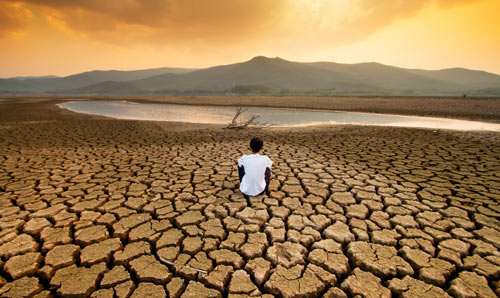Sustainable innovation and system transitions
The study of sustainability and societal challenges such as climate change, energy security, transport and resource efficiency, food safety, obesity and environmentally friendly production have become key areas of innovation studies.

Addressing these so-called ‘grand challenges’ requires both technological and business model innovation and will require radical changes in production and consumption patterns as well as system transitions.
We contribute to a better understanding of various areas of sustainable innovation and system transitions including decarbonization of the energy system, the electrification of mobility, and more sustainable forms of food production and consumption. We have a special focus on studying the complexities of system transitions, as such transitions not only involve a change in technology but also a change in institutions, regulations, infrastructure, and consumer behaviour.
Our research strengths within this theme are in the following research areas:
- Sustainability transitions and the Multi-Level Perspective (MLP)
Our research conceptualises sustainable innovation as a system transition, building links between evolutionary economics, innovation management, and science and technology studies. Pioneering the so-called Multi-level Perspective (MLP), we examine transition pathways of new technologies such as wind turbines, electric vehicles and biofuels by looking at the interaction between three levels: the regime, the niche and broader landscape developments. We show how sustainable technologies can develop within a niche to eventually break into the regime if windows of opportunity arise from advantageous landscape developments. The MLP is a key framework in transitions research but it also has impact on EU environmental policy and the global governance of climate change via the work of the Intergovernmental Panel on Climate Change. - Paradoxes and tensions in corporate sustainability
We focus on the complexities of corporate sustainability and the ensuing sustainable innovation pathways. We have developed a ‘paradox perspective on sustainability’ that states that for businesses to attend to all the Sustainable Development Goals (SDGs), they will inevitably encounter all kinds of tensions between different desirable but potentially conflicting economic, environmental and social objectives. We study how firms in the process of innovating their business for a more sustainable future make trade-offs between different objectives. - Business models, partnerships and alliances for sustainability
In our research, we develop the idea that sustainable innovation requires the development of new business models. Business models for sustainability not only revolve around the creation and capture of economic value but also that of social and environmental value. Creating value for a broader spectrum of stakeholders involves new forms of collaboration and partnerships with different private and public actors. Since established firms often lack the relevant knowledge in-house, they tend to look outside for knowledge and legitimacy. We examine how firms choose their partners and develop alternative ways of doing business that are in line with addressing the SDGs.
